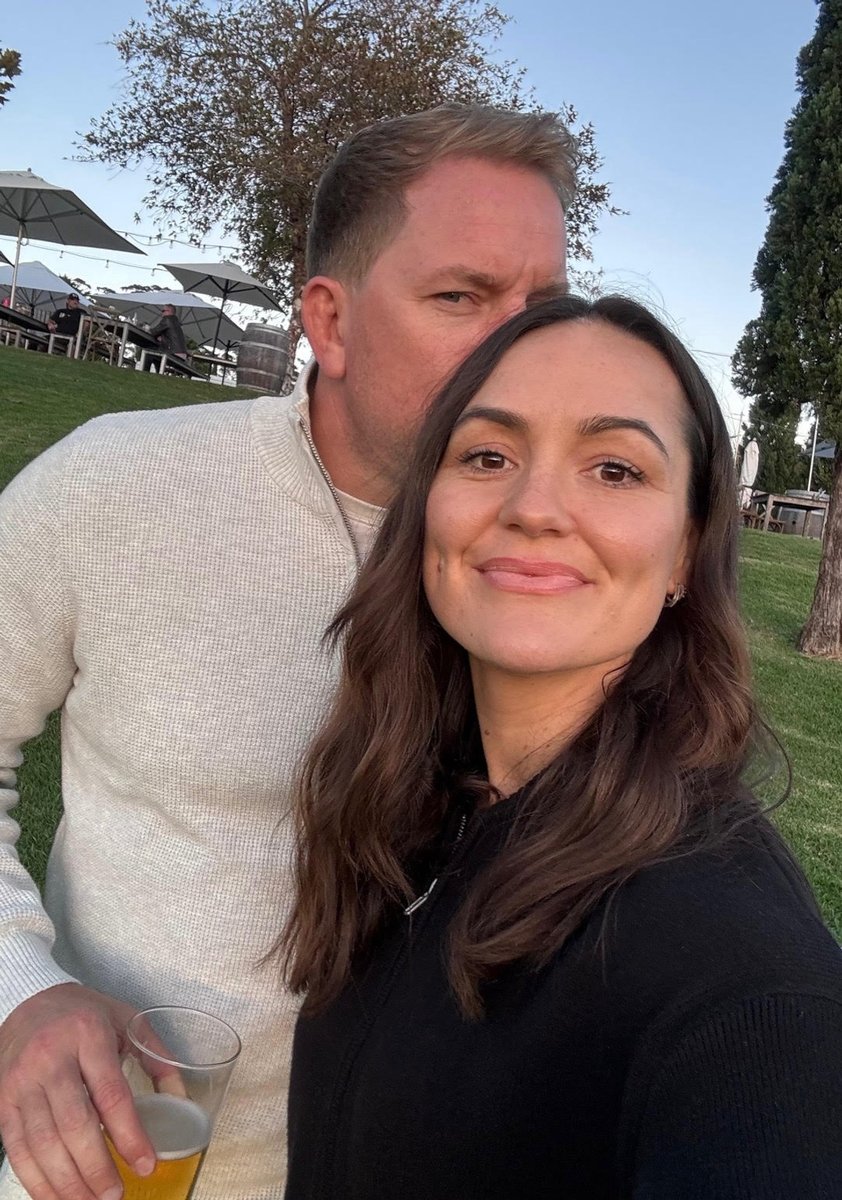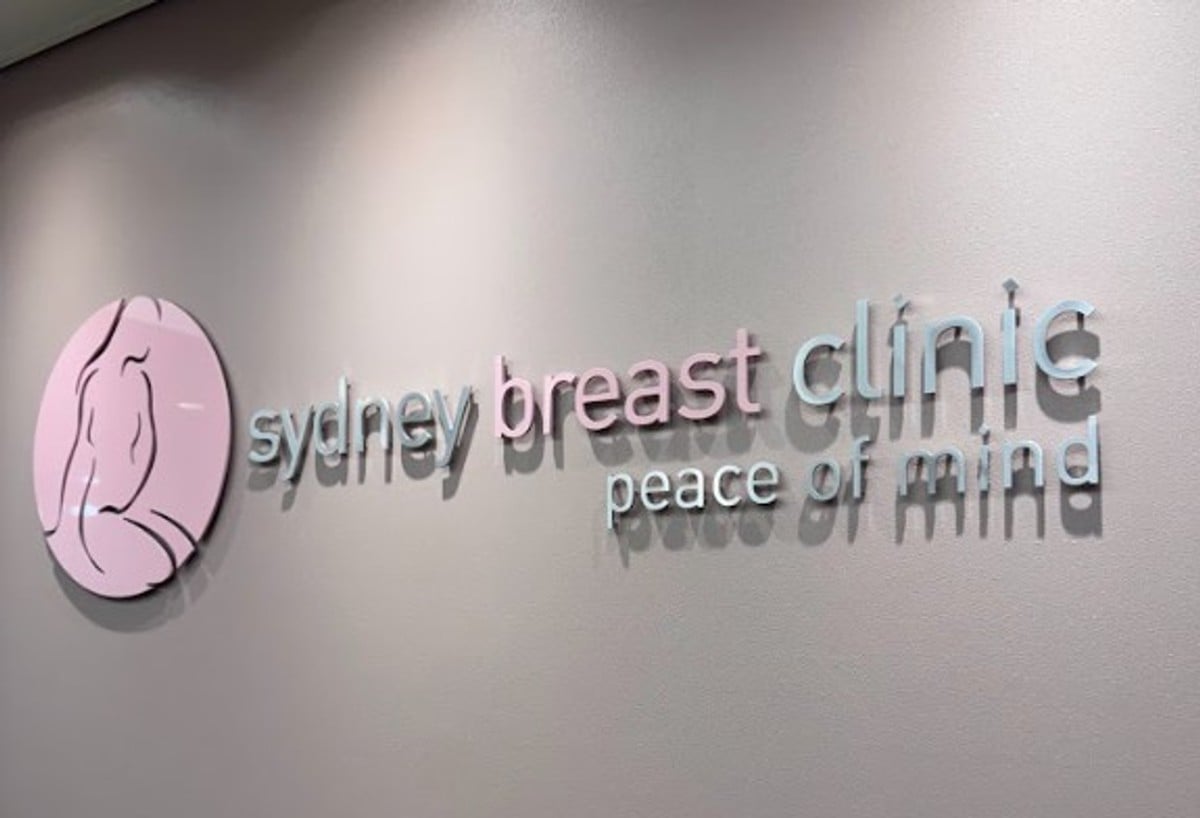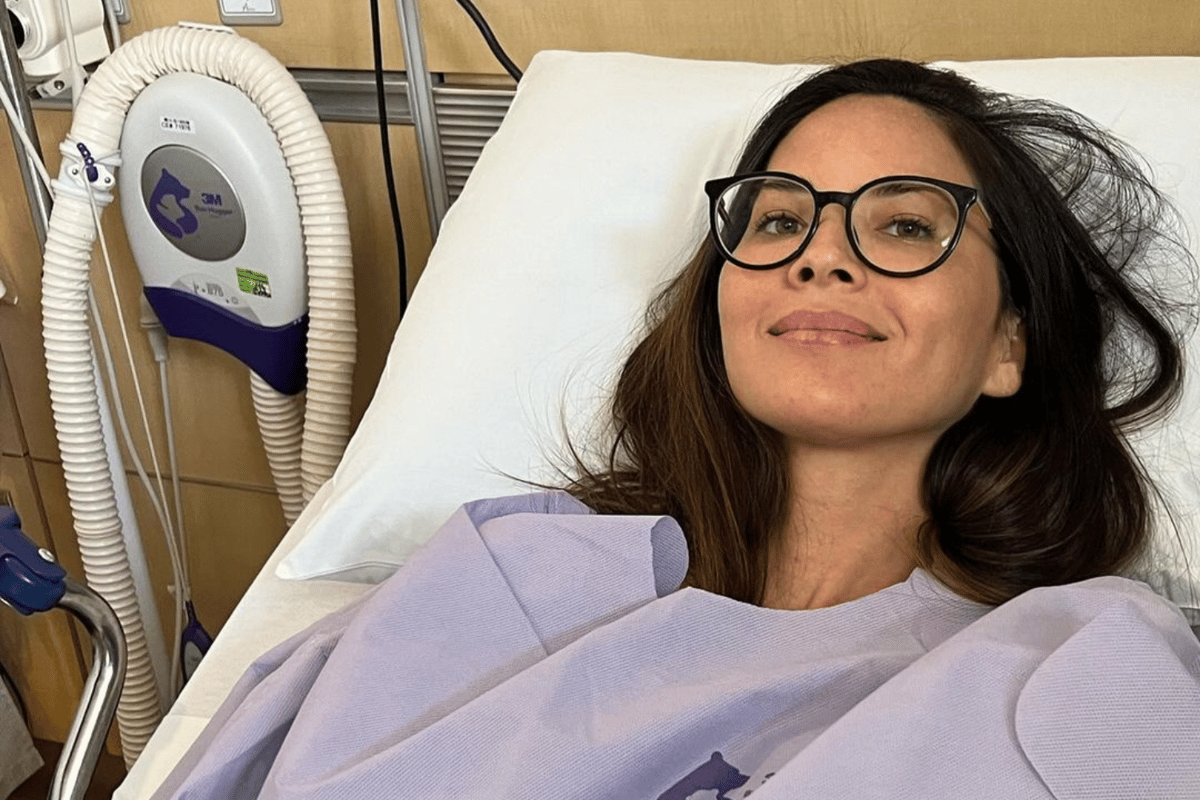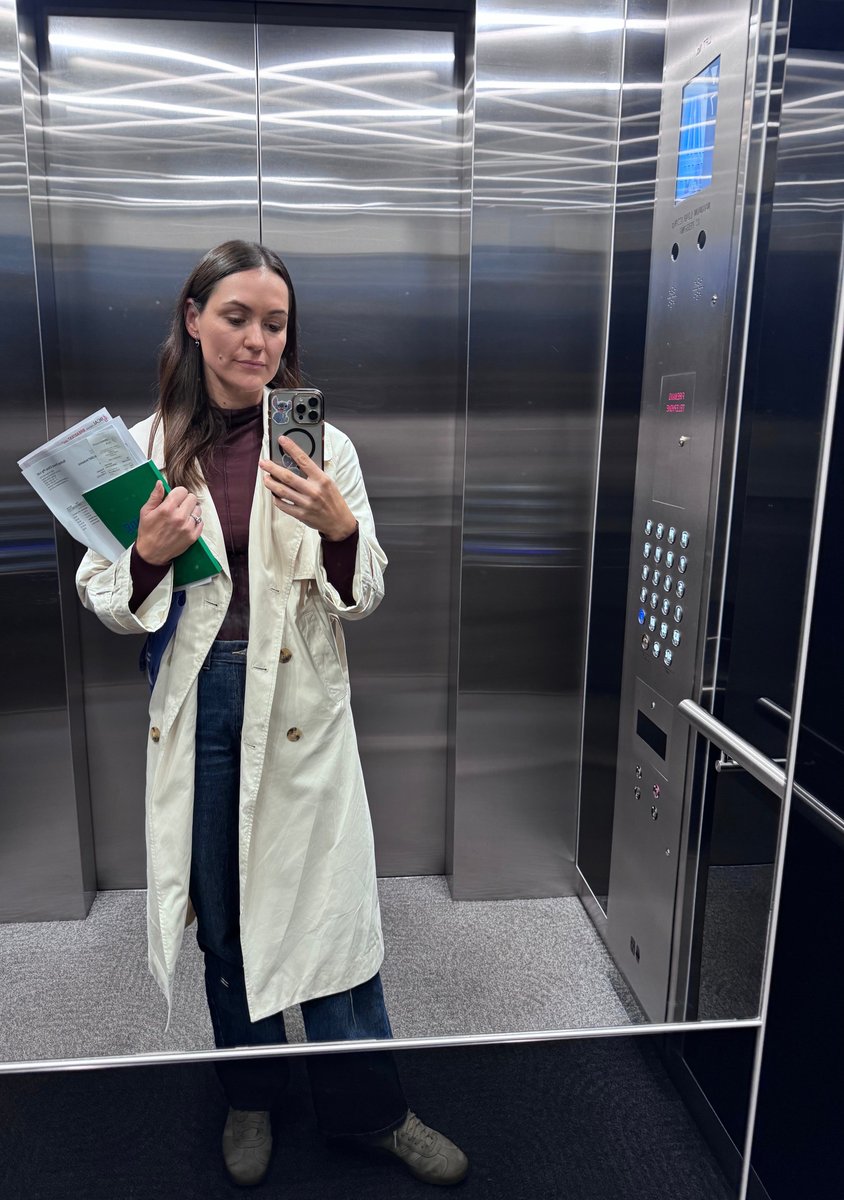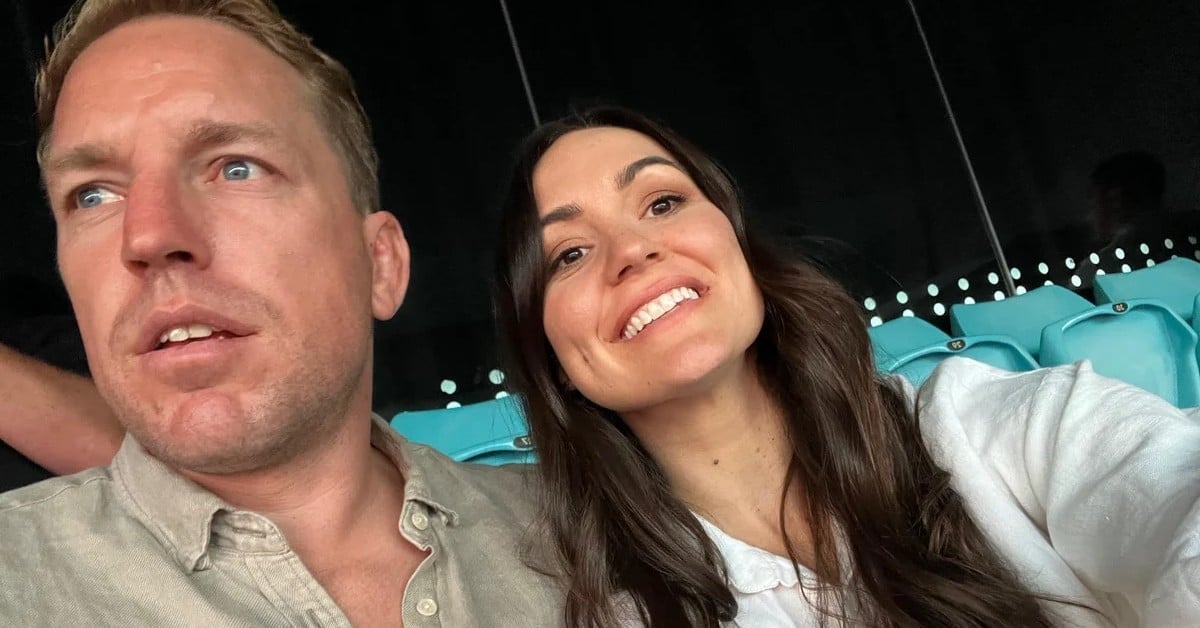
If you want to support independent women's media, become a Mamamia subscriber. Get an all-access pass to everything we make, including exclusive podcasts, articles, videos and our exercise app, MOVE.
I was sitting alone in a café when an unknown number called my phone.
I answered, and the voice at the other end said, "It's your doctor. Your breast scan showed a suspicious mass. You need a biopsy to confirm it's not cancer."
My ears started to ring. Blood rushed to my cheeks.
It hadn't even been 24 hours since my breasts were squashed in a mammogram machine for the first time after going to the doctor about a lump.
Watch: A 35-year-old woman shares what it's like to battle cancer while pregnant. Post continues after video.
I left that appointment with little concern because the ultrasound sonographer told me everything "looked fine". I walked out thinking, 'great, my boobs are all checked'.
So, the sneak-up of a health scare threw me.

